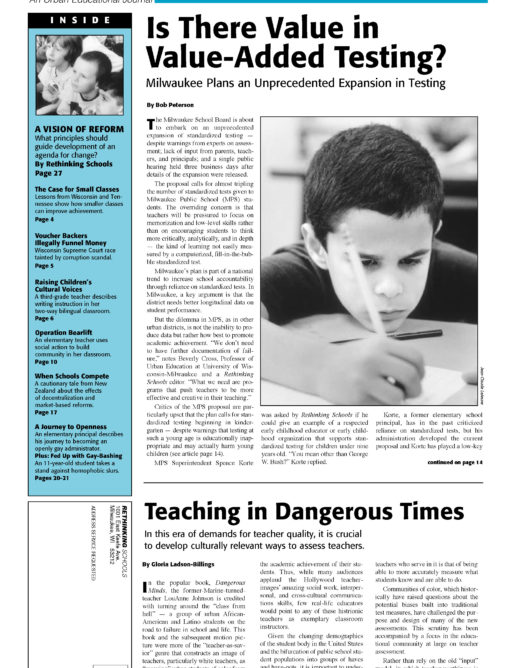Preview of Article:
Students’ Rights
The Court’s rulings distinguish between student publications set up exclusively to serve an educational purpose and those that exist more broadly as forums for student expression. Even when a publication is sponsored by the school, officials cannot censor its content if it is, “by policy or by practice,” an open forum for expression. Likewise, the content of extracurricular and underground newspapers may be censored only under the standard mentioned in the first paragraph, even if the publication involves the use of school resources.
Courts have generally recognized that student publications may be censored if there is material that is obscene as far as minors are concerned or that is libelous. Vulgar or foul language is not necessarily subject to censorship.
Questions of the distribution of student publications have not been definitely ruled on by the U.S. Supreme Court, but tend to follow the standards discussed above.
Students who have questions can contact the following organizations for more information:
American Civil Liberties Union, 125 Broad St., 18th Floor, New York, NY 10004. 212-549-2500. Contact via e-mail: aclu@aclu.org; website: www.aclu.org. Or contact your local chapter.</p

